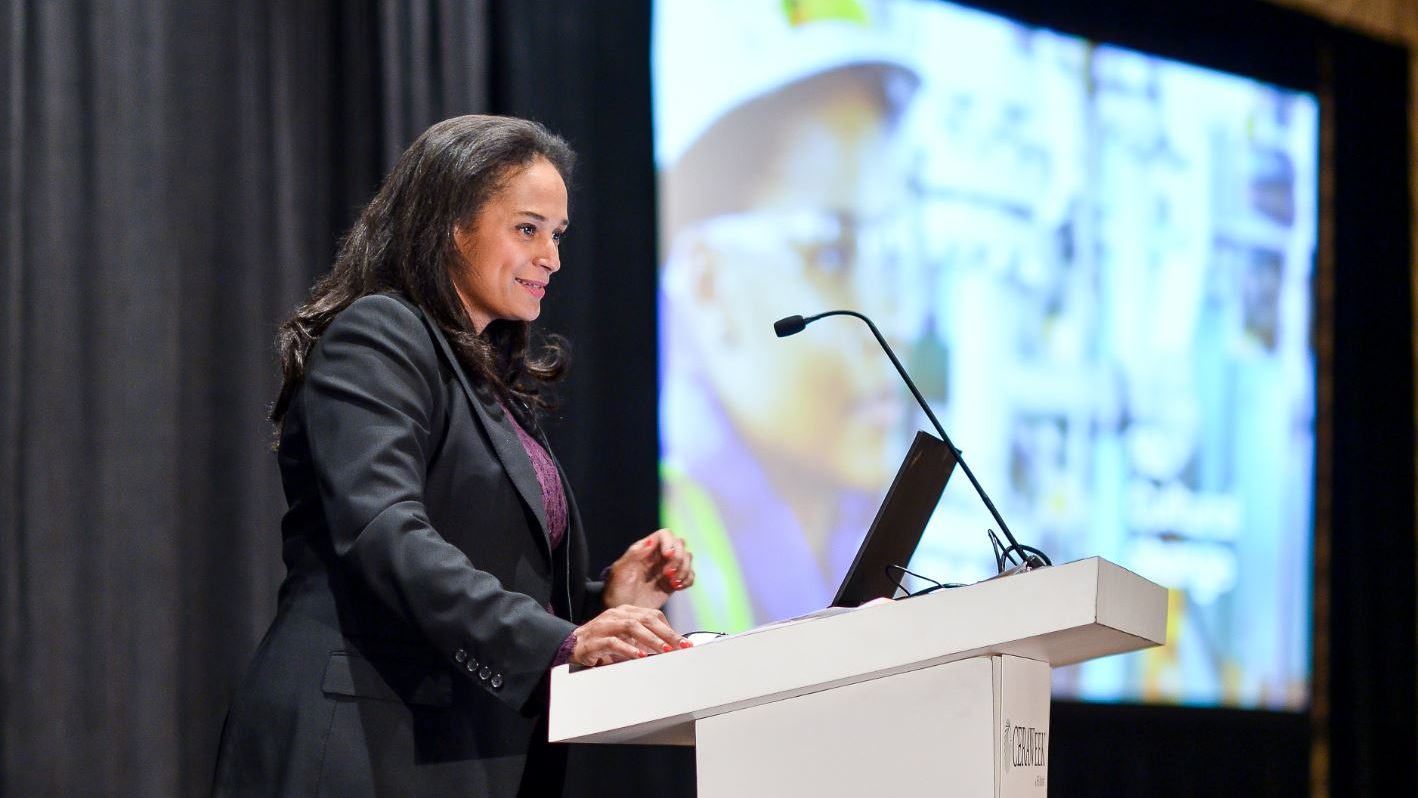No Portuguese-language country classified as “full democracy” in 2020
No Portuguese-speaking country is currently classified as a "full democracy" according to the 2020 Index of Democracy.
Democracy has worsened in Portuguese-language countries, with not a single Portuguese-language country currently classified as a “full democracy”, according to the 2020 Democracy Index released on Wednesday.
Prepared annually by The Economist Intelligence Unit, linked to the British publication The Economist, the index measures levels of democracy in 167 countries and territories.
Portugal, which is the best-placed Portuguese-language country in the ranking, went from a score of 8.03 in 2019 to 7.90 in 2020 and fell from 22nd to 26th, losing the rank of full democracy.
The index underlines the “particularly low” score (6.11) achieved on the “political participation” criterion.
Portugal is now one of the countries considered to be “imperfect democracies”, a category in which Brazil, Cabo Verde and East Timor are also included.
Brazil rose from 52nd to 49th, from 6.86 to 6.92 points, Cabo Verde fell from 30th to 32nd, with an overall score of 7.65 (7.78 in 2019) and Timor-Leste lost three places, from 41st to 44th, and from 7.19 to 7.06.
Cabo Verde is the second-highest ranked country in sub-Saharan Africa, where Mauritius is the only “full democracy” according to the index.
Guinea-Bissau, which in the 2019 index was highlighted as having made “remarkable progress”, maintained its score of 2.63 out of 10 possible points, but has risen one position in the index to 147.
The country, which in the previous report had risen from 157th to 148th, nevertheless maintains its classification as an “authoritarian” regime, the same as Angola, Mozambique and Equatorial Guinea.
Angola worsened its score from 3.72 to 3.66 but moved from 119 to 117.
Mozambique lost score, from 3.65 to 3.51, and fell from 120 to 122.
Equatorial Guinea maintained its 1.92 points from the previous assessment but moved up from 161 to 160.
The rise in positions even with the loss of points is determined, as a rule, by the reorganisation of countries in the index.
Sao Tome and Principe were not assessed in the index.
Overall, the average score of the 167 countries and territories fell from 5.44 to 5.37, the worst score since the first edition of the index in 2006.
The vast majority of countries – 116 out of 167 (almost 70%) – have recorded a decline in their overall score compared to 2019.
Only 38 (22.6%) improved and the other 13 stagnated.
The Economist Intelligence Unit’s Index of Democracy is based on an assessment in five categories: electoral process and pluralism, government functioning, political participation, political culture and civil liberties.
The index traces the current state of democracy in 165 independent states and two territories, ranking 60 indicators on a scoring scale of 0 to 10
Based on the total score, countries are classified as one of four types of regime: full democracy (scores above 8), imperfect democracy (scores above 6), hybrid regime (scores above 4) and authoritarian regime (scores below or equal to 4).


